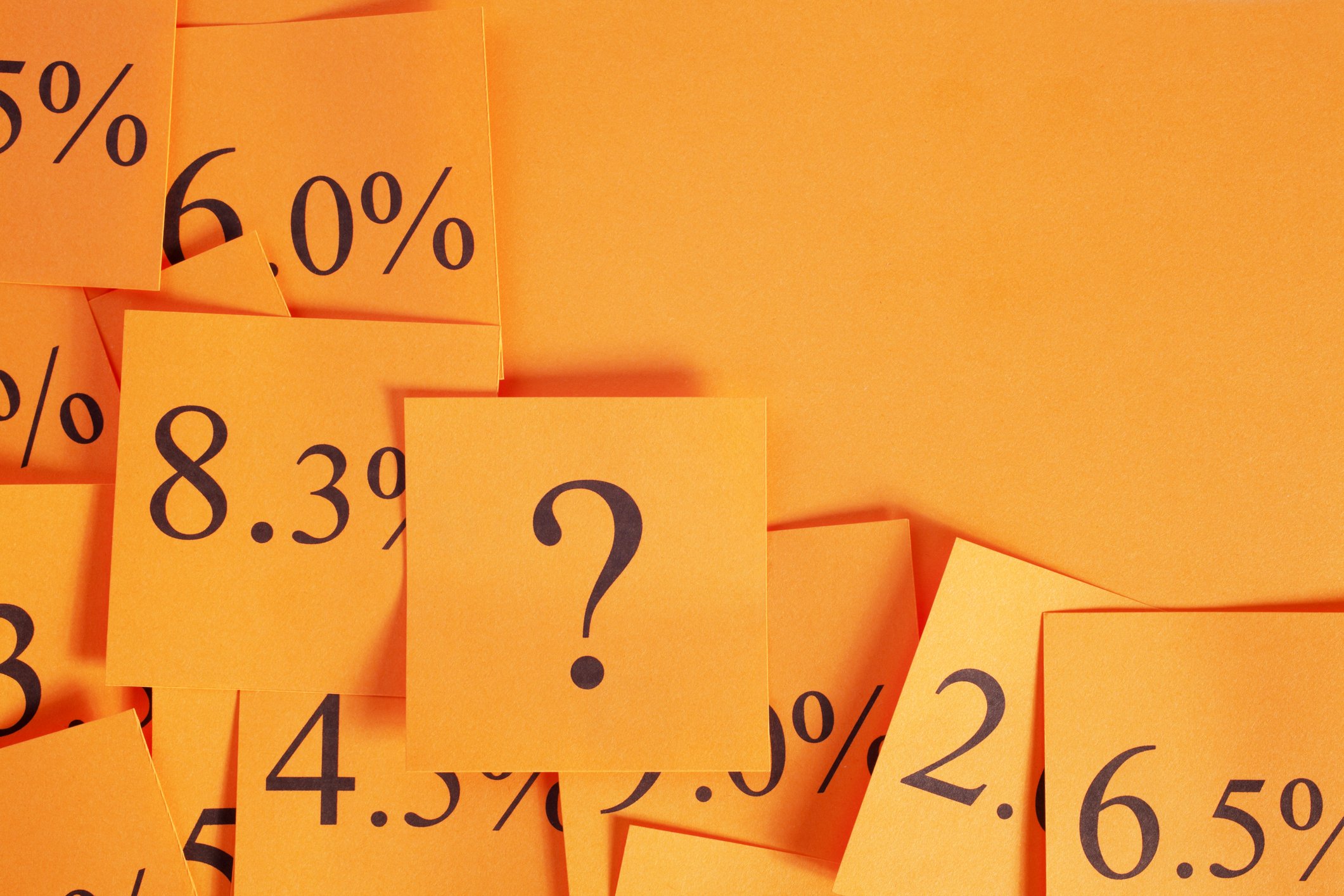What Is a Credit Card? A Beginner’s Guide for Teens
Credit cards might sound like just another adult thing—but understanding how they work can seriously level up your money game, even as a teen. You’ve probably seen your parents swipe or tap their card and walk away with groceries, clothes, or a coffee. It looks easy—but there’s a lot going on behind that swipe.
This post breaks down what a credit card really is, how it works, and why learning about it now can save you from stress (and debt) later. Whether you’re curious about credit, planning for the future, or just want to sound smarter than your friends, this beginner’s guide is for you.
What Exactly Is A Credit Card
A credit card is a small plastic (or digital) card that lets you borrow money from a bank to buy things. It’s like a temporary loan. Every time you use a credit card, you’re not spending your money—you’re spending the bank’s money.
At the end of each month, you’ll get a statement showing everything you spent. You’re then expected to pay it back—either all at once (which is best!) or over time (which costs more).
How Does A Credit Actually Work
Let’s break it down step by step:
You use the card to buy something — A hoodie, lunch, or even online stuff.
The credit card company pays for it — Not you, not yet.
You get a monthly bill (statement) — It lists everything you’ve paid on your card.
You repay the money — Ideally in full. If not, you carry a balance and pay interest.
Interest gets added if you don’t pay in full — That means the bank charges you extra for borrowing their money longer.
Key Point: If you don’t pay the full amount by the due date, you get charged interest—which means you’ll end up owing more than what you spent.
Credit Cards Are Not Free Money
It might feel like magic—tap and go, buy now, worry later. But here’s the truth: Every penny you spend on a credit card has to be paid back.
And if you’re late or only pay part of it, that’s when things get expensive. Interest can build up fast, and missing payments can hurt your credit score (more on that below).
Why Does This Matter For Teenagers
Even if you can’t get your own credit card yet (most banks require you to be 18), learning now sets you up for smart decisions later.
Here’s why it’s important:
Credit cards affect your credit score (a number that shows how trustworthy you are with money)
Your credit score impacts your ability to get:
A phone contract
A car loan
An apartment
Even a job (some employers check it!)
Building good habits early = less stress later
Types Of Credit Cards You’ll Hear About
When you’re ready for a credit card (usually at 18), here are some you might come across:
Student Credit Cards – Designed for people with no credit history
Secured Credit Cards – You pay a deposit, and it acts like a safety net
Authorised User Cards – Your parent adds you to their card (good for building credit early)
Rewards Cards – You earn points or cashback when you spend (only smart if you pay off fully)
Key Terms To Know About
Credit Limit – The max amount you can borrow
APR (Annual Percentage Rate) – The interest rate you’ll pay on unpaid balances
Minimum Payment – The smallest amount you have to pay each month (but always try to pay more!)
Balance – How much you currently owe
What Are The Risks
Using a credit card responsibly is a great way to build your credit—but misusing one can lead to trouble. Here’s what to watch out for:
Overspending – Easy to do when it doesn’t feel like “real money”
Debt – If you don’t pay it off, the amount can grow fast
Late Fees – Paying late means extra charges
Credit Score Damage – Missed payments can mess up your score for years
How To Use Credit Cards The Smart Way
Even if you’re not there yet, keep these in mind:
Only buy what you can afford to pay off
Pay the full balance each month
Never miss a payment
Use it for needs, not wants
Check your statements regularly
Final Thought
Credit cards aren’t scary—they’re just tools. Used the right way, they can help you build a strong financial future, boost your credit score, and give you flexibility when you need it.
But they’re not free money, and if you don’t handle them carefully, they can lead to debt, stress, and setbacks.
The best move? Learn now, so when you’re old enough to get one, you’ll know exactly how to use it wisely.
Be smart. Ask questions. And always think before you swipe.
If you use it responsibly, a student credit card could help you manage your money while you’re at college or university. It’s also a way to start building up a good credit score. Read our guide on what you need to know before you apply.






